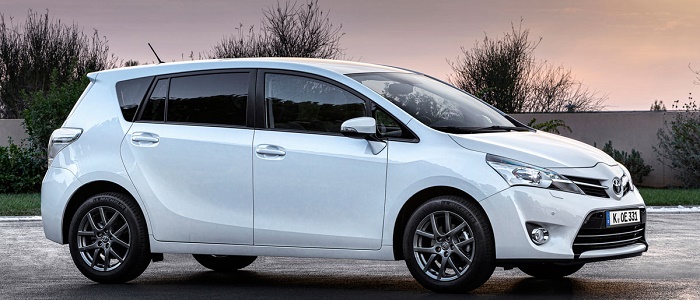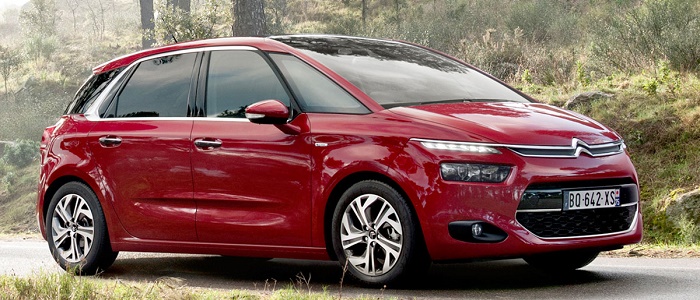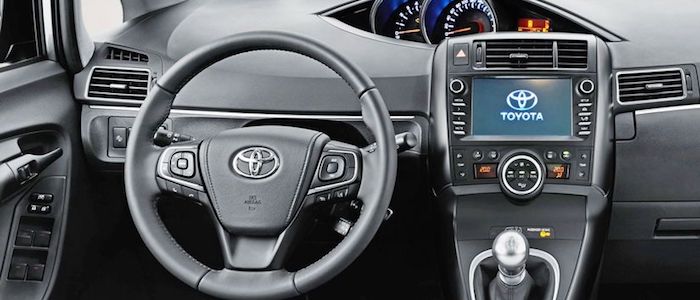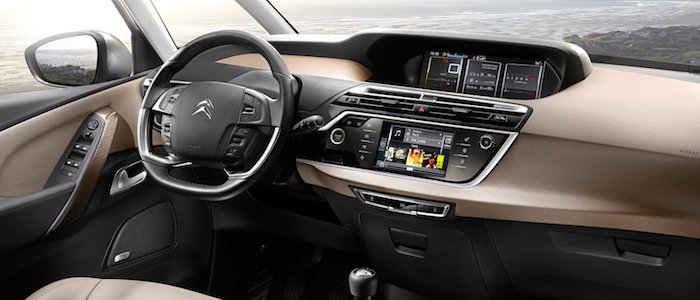Compare two cars
Compare any two cars and get our Virtual Adviser™ opinion
Dimensons & Outlines
Check vehicle history
Engine
1.6 Prince EP6
Performance (manual gearbox)
Performance (automatic gearbox)
Expenses
Virtual Adviser's™ opinion
Well, these are two pretty similar cars we have here! It's only details that could potentially make the difference. Considering they both belong to the mpv segment and utilize the same 5-door MPV body style and the front wheel drive system, it all comes up to the specific petrol engine choice they offer. The first one has a Toyota-engineered powertrain under the hood, a 4-cylinder, 16-valves 132hp unit, while the other one gets its power and torque from a 4-cylinder, 16-valves 120hp engine designed by Peugeot.
SafetyA starting point here would be to take a look at the results from European New Car Assessment Programme (Euro NCAP) tests which were performed on both of the cars, with the same number of safety stars gained in the process. That aside, let's consider some other aspects which affect safety. Both vehicles belong to the mpv segment, which is generally a good thing safety-wise, still it doesn't help us solve our dilemma, does it? Furthermore, taking kerb weight as an important factor into account, the Japanese car offers a considerable difference of 15% more metal.
ReliabilityReliability is not the best thing to consider on the make level, but it is worth mentioning that Toyota does have a slight advantage, when all the models are taken into account. These are the results of an independent reasearch, while our visitors describe reliability of Toyota with an average rating of 4.6, and models under the Citroen badge with 4.0 out of 5. The same official information place Verso as average reliability-wise, and C4 Picasso is more or less at the same level.That apart, owners of different cars powered by the same engine as the Japanese car rank it on average as 4.7, while the one under the competitor's bonnet gets 4.2 out of 5.
Performance & Fuel economyToyota is a bit more agile, reaching 100km/h in 0.6 seconds less than its competitor. Still, it lacks the power to win the top speed competition, topping at 185 kilometers per hour, 2km/h less than the other car. When it comes to fuel economy things look pretty much the same for both cars, averaging around 6.5 liters of fuel per 100 kilometers (44 mpg), in combined cycle.
Verdict
Toyota appears just a bit more reliable, although the difference is truly marginal. The most important thing when deciding between any two vehicles should always be safety, both passive and active. In my opinion, everything taken into account, the Japanese car offers significantly better overall protection, taking the lead here. When it comes to performance, both vehicles provide similar experience, so I wouldn't point any of them out. the French car still consumps less fuel, which needs to be taken into consideration. It's really tough to make a final decision here, but if I'd need to, I'd say Toyota. Nevertheless, let's not forget that people have different preferences and needs, so what really counts is your personal feel. I'm only here to help. In case you have two minutes to spare I invite you to define your needs, desires and budget and see which car would be chosen by the virtual adviser™, among thousands of similar, yet so different vehicles.

































